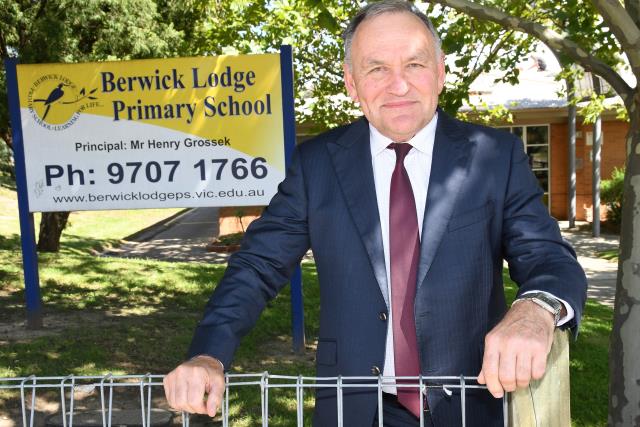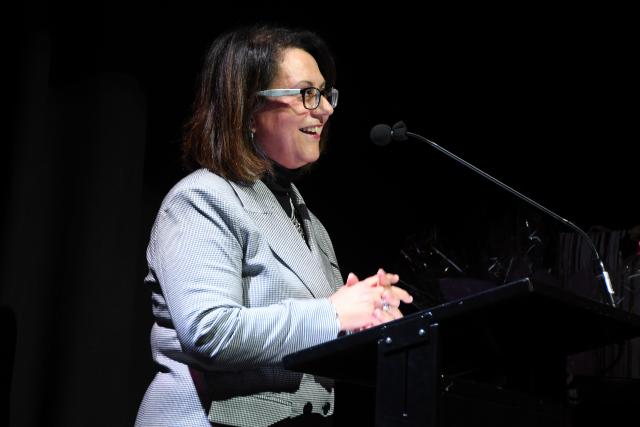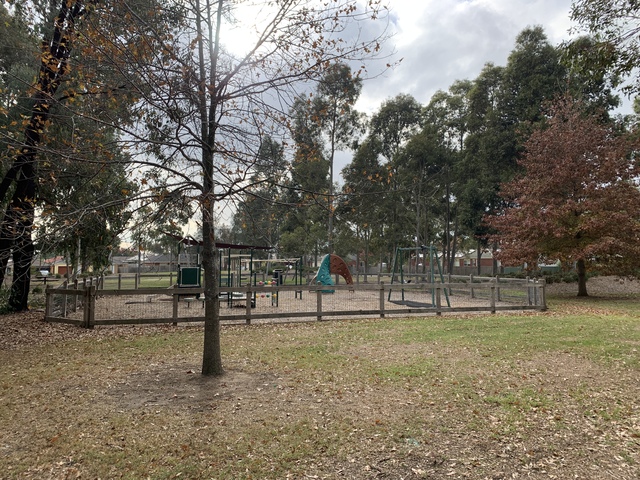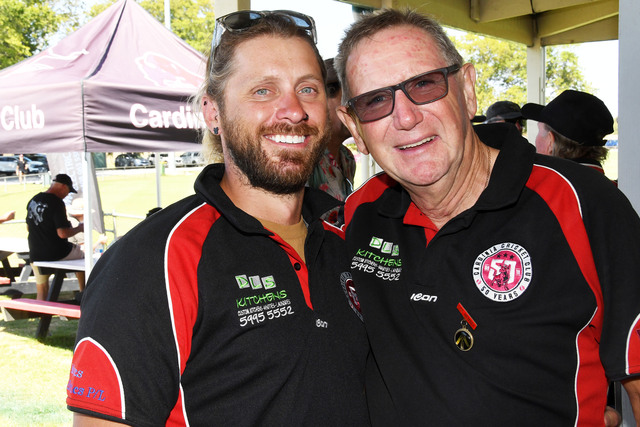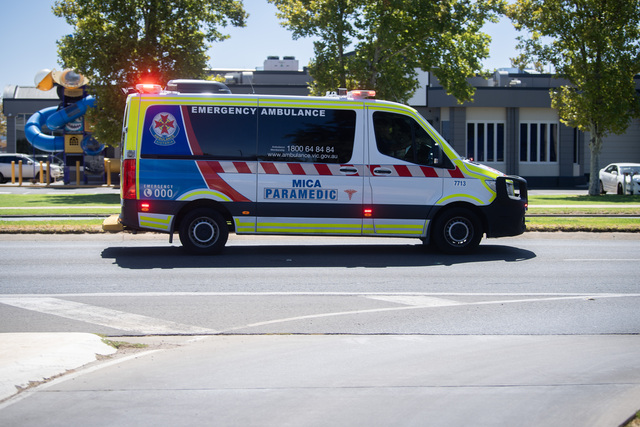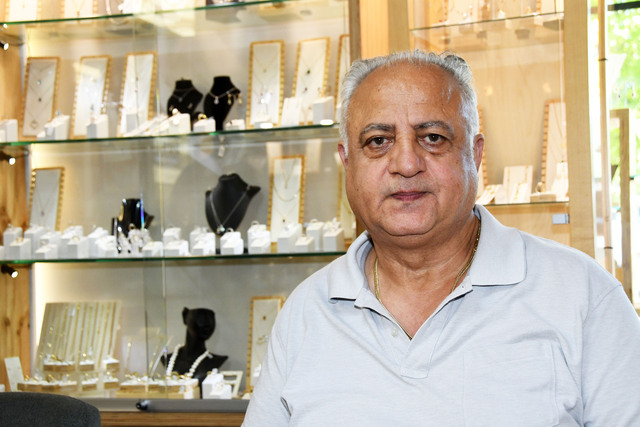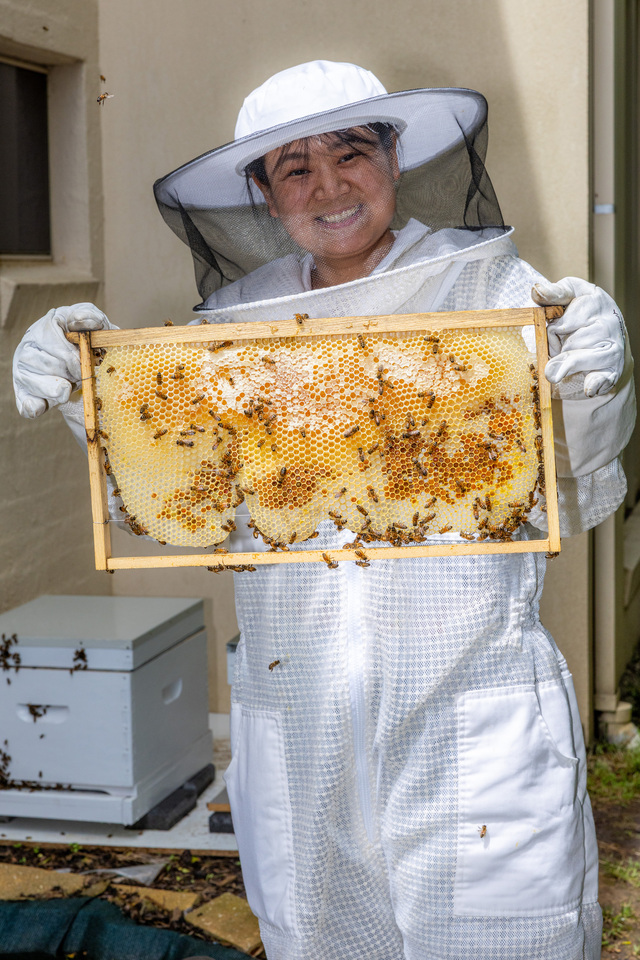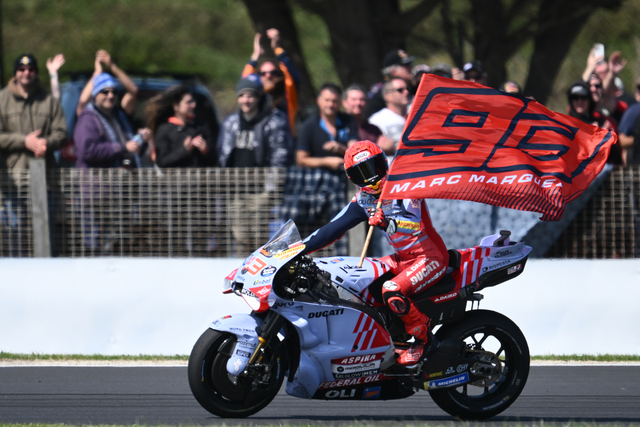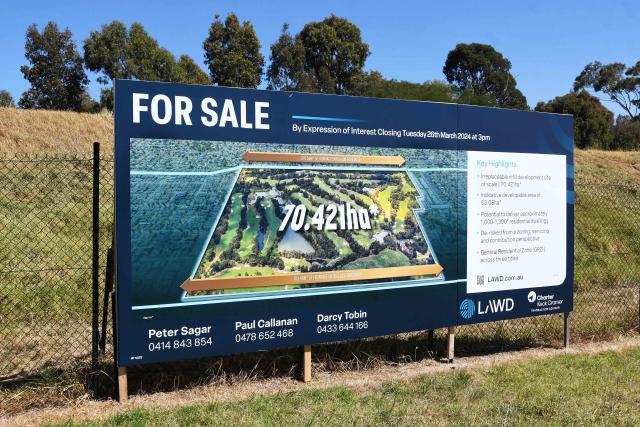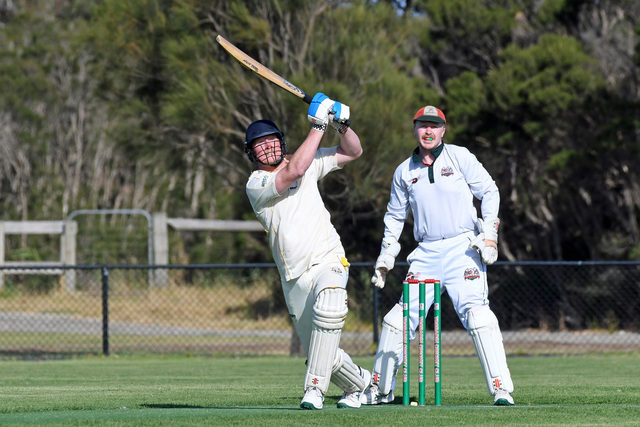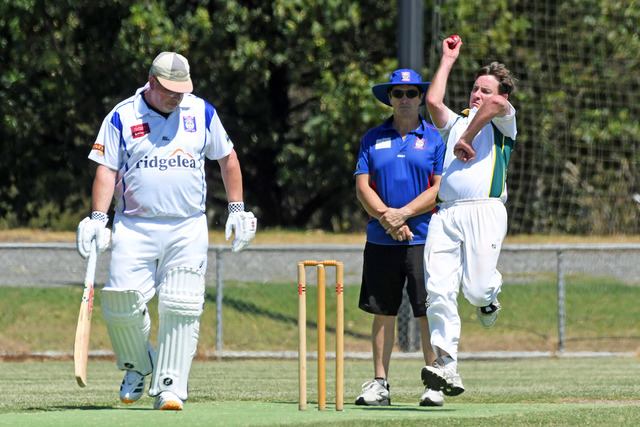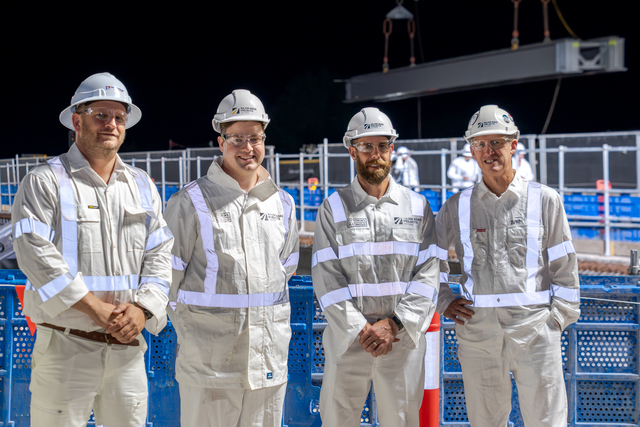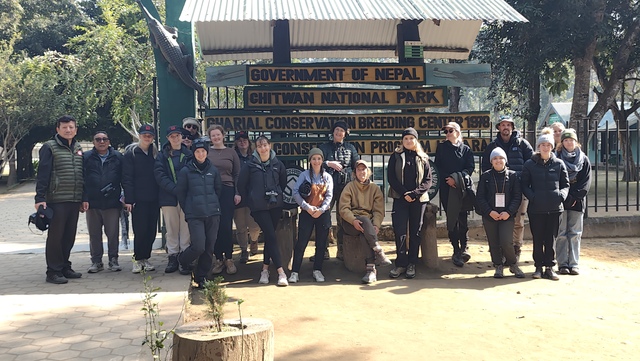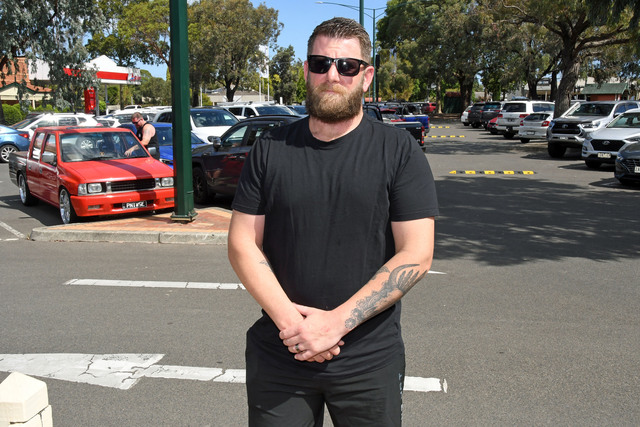Principal of the Berwick Lodge Primary School for just over 35 years and a stalwart voice in the educational field, Henry Grossek has recently retired, leaving behind him a powerful legacy of knowledge.
Three years prior, in 2022, the Victorian State Government recognised Henry for his 55 years in education, with the field having been his passion for as long as he could remember.
Working and being part of the field for so long, and now stepping away from it, Henry is filled with nothing but “pride and humility”.
“I’m very proud to have been part of the Victorian public education system for over five decades,” he said.
“I believe strongly in public education, and to have been a member of that system of which I was a product myself has been an honour.
“I believe that the strength of Australia, or any country, resides more in its public education system than it does in any other system.”
In a bid to farewell Henry, the primary school held a small yet meaningful send-off that turned out to be “more emotional” than he had originally thought, with some of the children recounting that it was something they would remember him by.
Speaking to parents, staff and the students, Henry felt in the air the essence that “people were both very grateful for the work I’ve done but also sad to see me go”, and it was something that “resonated with me”.
At the age of 76, Henry is looking forward to some downtime, however, this doesn’t mean that education has left the forefront of his mind, if that even were a possibility.
Aside from his role as a principal, he is the host of a podcast talk show called Viewpoints with Henry Grossek, where, alongside guests, he engages in conversation and interviews with figures in news, education, publishing, academia and more.
He is also one of three authors of a children’s book titled Hettie and Harry’s Forest Adventure, and has another, more adult education-centric project underway.
When asked what he loved most about teaching, he said that there are more things that he could count, and many cliches that he could touch on, which aren’t necessarily wrong.
“There’s providing children with an opportunity to realise their dreams, working with staff, all of those things – they’re valuable,” he said.
Touching on his own experience of his family’s migration from Europe in the 1950s, the sentiment that had been ingrained in him that “I am a migrant” made it abundantly clear that “education is the key to opportunity” and while it “doesn’t guarantee anything, it gives you hope”.
Henry recalled that back then, and much like today, children preferred playing sports, and he was one of them.
He called athletic proficiency in these sports the “entree to Australian society”, especially in the country town where he grew up.
“But the bottom line that was fed to a lot of us migrant kids was that we’ve got an opportunity in this country, so don’t waste it,” he said.
“Go to school, learn, and that will give you opportunities, and I did that, I went to university, got three degrees, and ended up in the education system.
“Ultimately, this goes back to my public education passion, and for public education, we all need hope; it’s the basis of human survival.”
In the grand scheme of things, according to Henry, two things matter in life: that is love and hope; and for him, there is a great satisfaction in his work in the way that it gives people, especially children, to “live the sort of life which they dream”.

